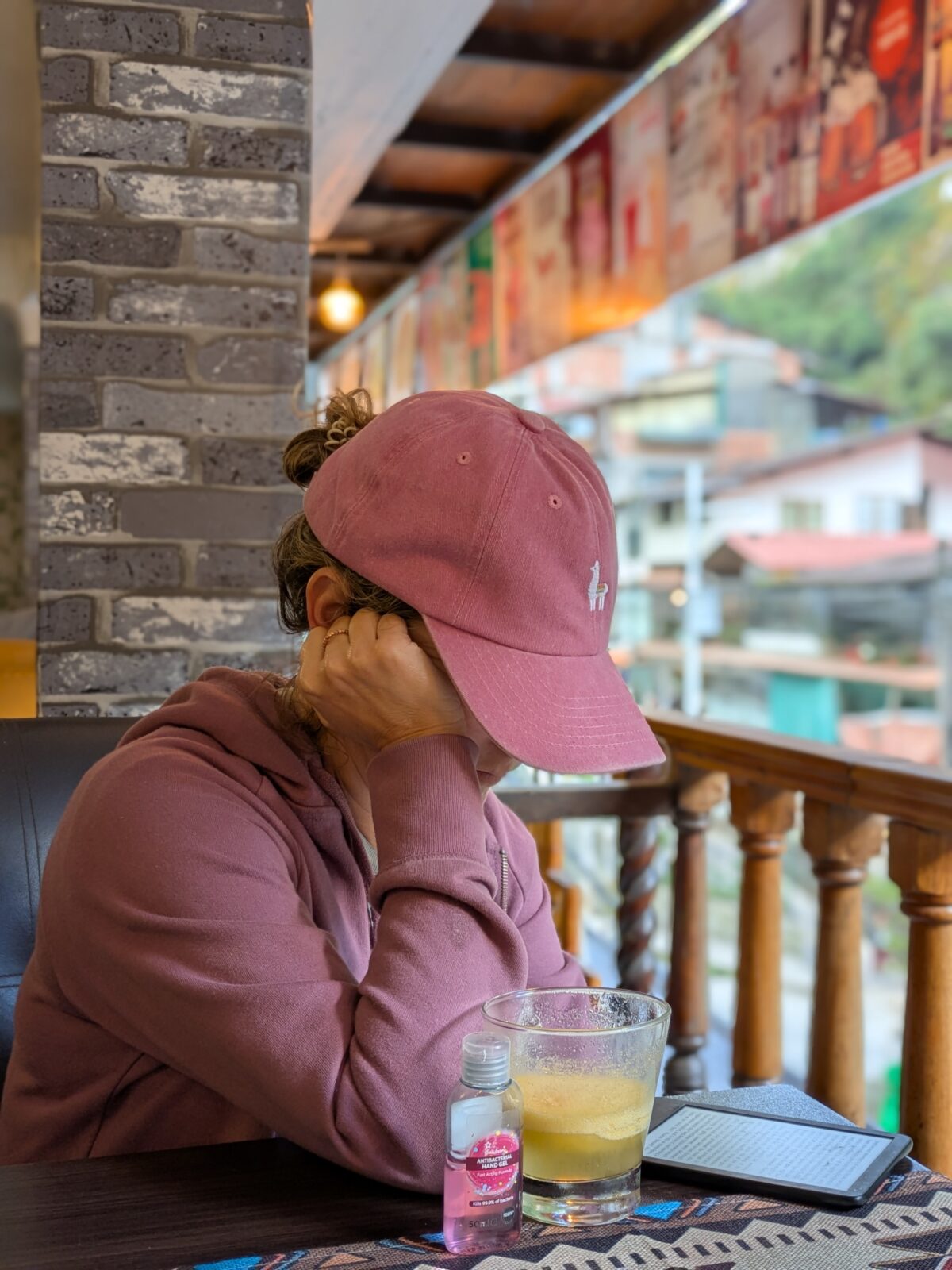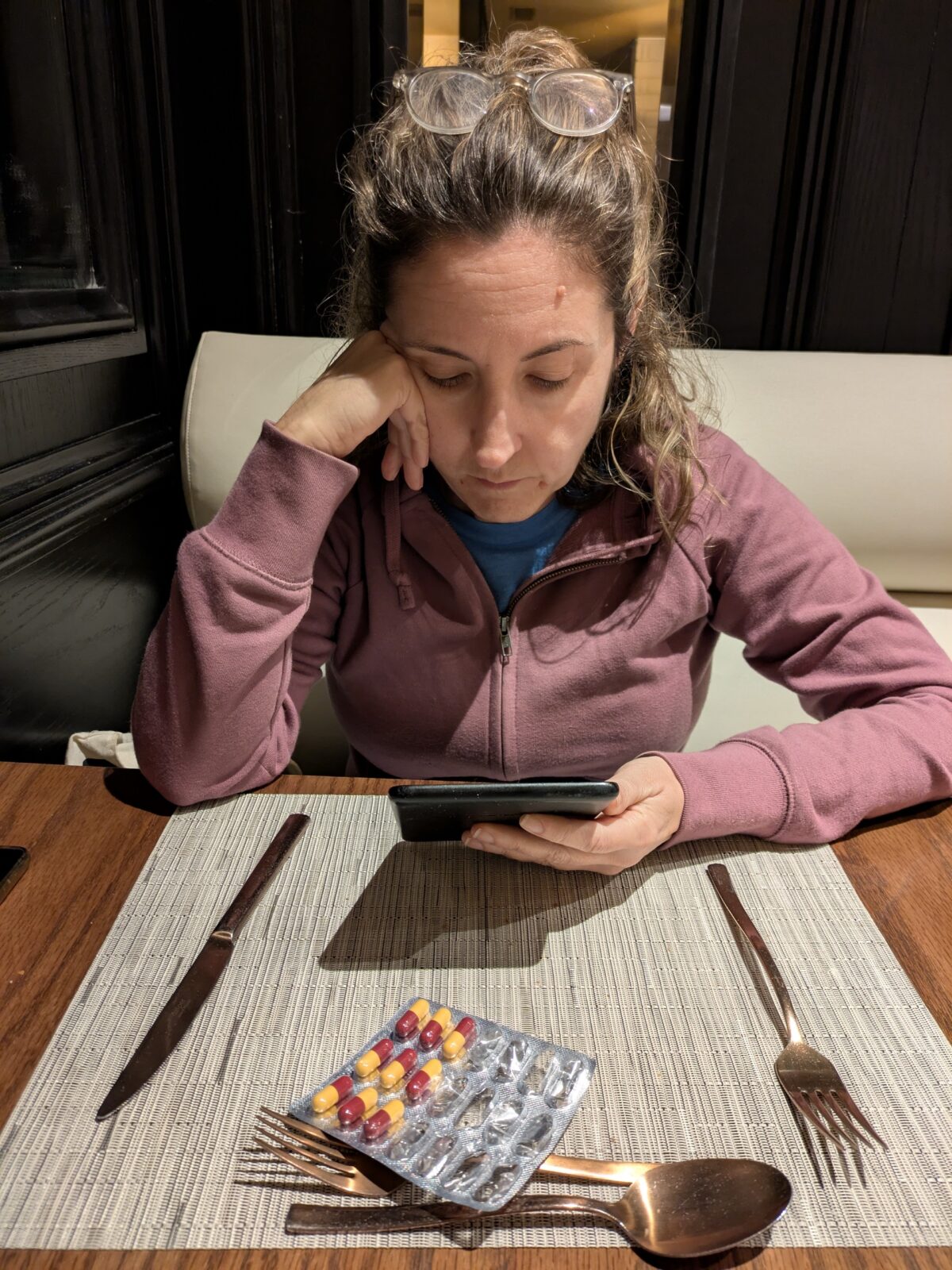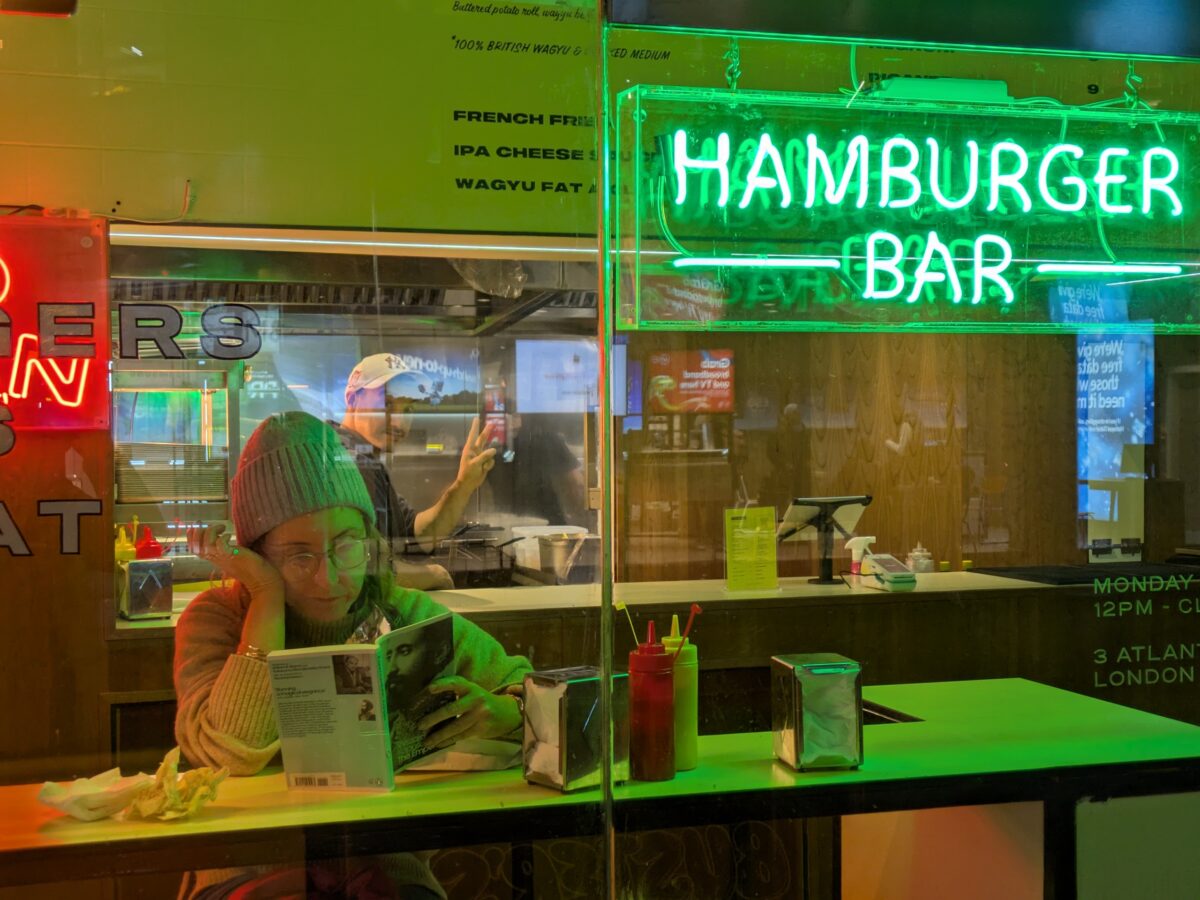Here’s a piece of non-fiction about the 1893 World Fair in Chicago and the ‘Murder Hotel’ a serial killer set up to profit from it. Clearly anything called a Murder Hotel is going to be pretty interesting, but to my surprise the World Fair was even more so.
Paris had just had a spectacularly successful World Fair (for which the Eiffel Tower was built!), and Chicago was determined to better it. They only had 2-3 years to pull it off, and they had an unhinged level of ambition. As the organizer, Burnham said: “Make no little plans; they have no power to stir mens’ blood’ (which btw I have always found to be very good advice).
They built an entire display city, that used THREE TIMES the electricity of all of Chicago. For many people, it was the first electric lighted streets they’d ever seen. They also had a wild array of displays from all over the world, even sending an explorer out to Africa who was ‘confident he could acquire as many pygmies from the Congo as he wished’ (spoiler alert, he died of fever almost immediately because Africa does not play). They had new products – it’s where Juicy Fruit, Cracker Jack, and Shredded Wheat come from. And then they had what their competitor to the Eiffel tower – a structure designed by a young engineer called Ferris – which seemed so dangerous and insane it nearly did not get built at all.
The highest point of the Ferris Wheel was as high as the highest occupied floor in the highest skyscraper in the world; the axel alone at 142K pounds was the heaviest thing ever lifted into the air, and that was only the beginning of their problems. Ferris’ wife took the first ride in the wheel, to prove his confidence in it. The fair ended up being a huge success, with more people gathering in one place than ever before in the world in peacetime.
All these people were obviously a gold mine so lots of hotels were built to accommodate them. One of these was by this HH Holmes. Holmes did not like to pay his workers, so they would often walk off the job, which was good for him because it kept the costs down and because it meant no one really knew what he was building. Because what he was building was a murder hotel. Some of the rooms were airless, with gas jets he controlled in them. Some were soundproof. There was a chute from the top floor to the basement, and in the basement was a FURNACE. He was especially fond of killing young woman, of which there was a large supply, because girls were getting their first freedom and excited to come to the big city. He also managed to convince four different women to marry him (none survived). Estimates of how many he killed range from 50-200. He was eventually caught when he killed – for zero reason – the three children of one of his accomplices.
Who knew Chicago in 1893 was so interesting!










